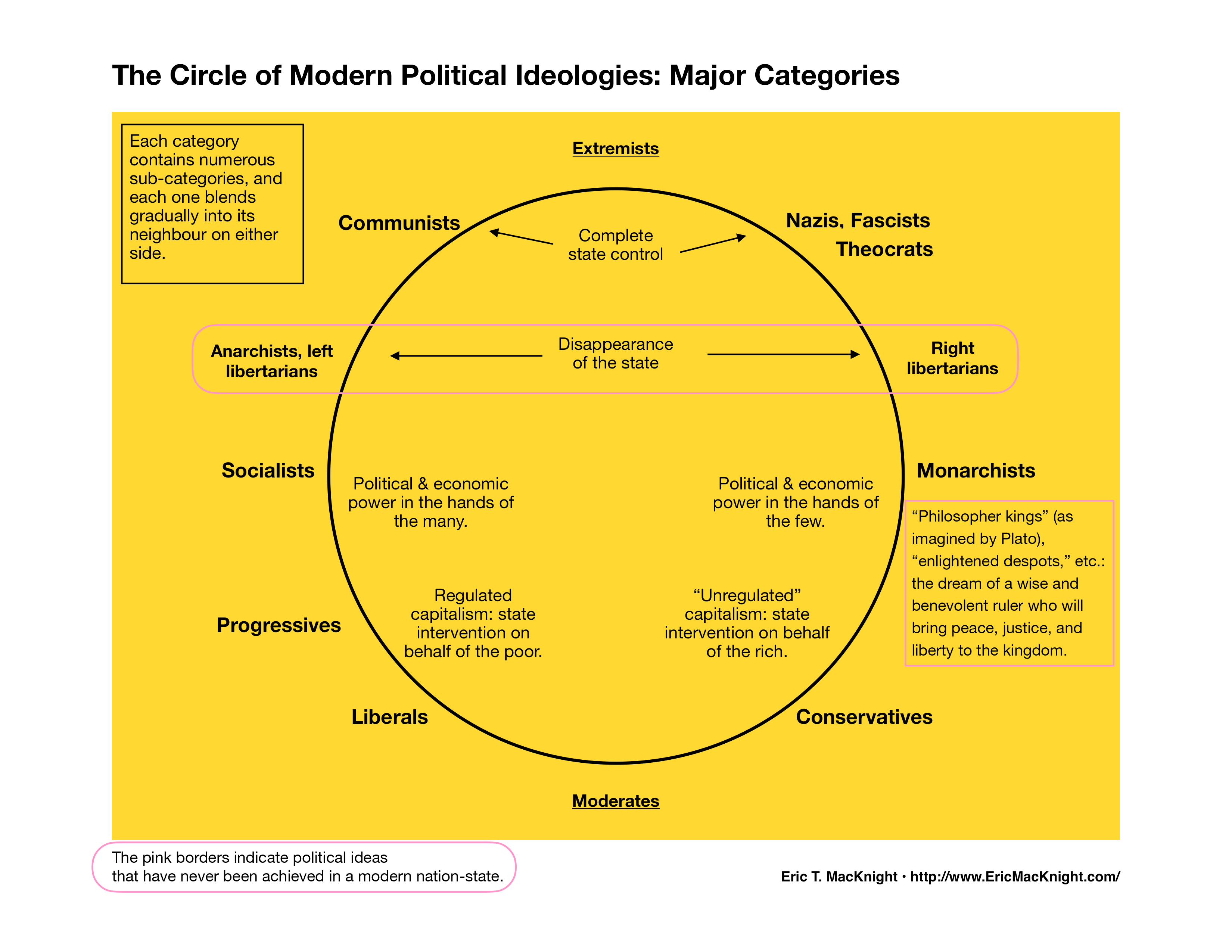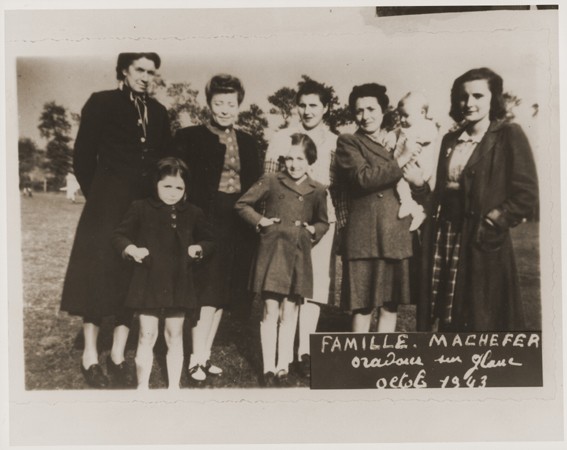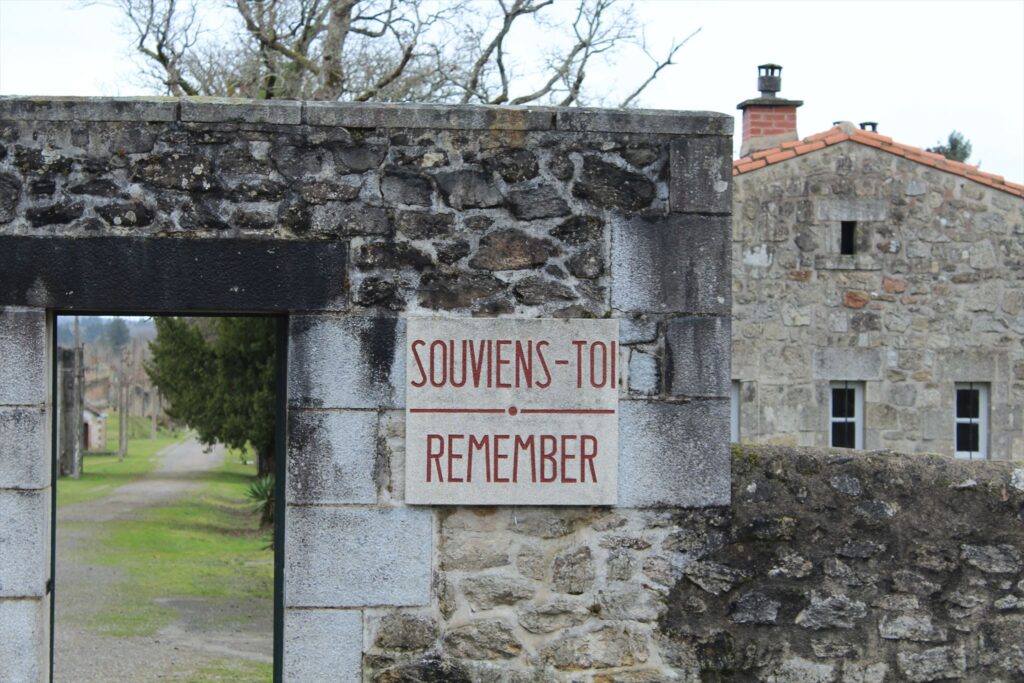Bread and circuses, my eye. Those Romans were amateurs.
Globalization began with Silk Road traders bringing bubonic plague to Europe, wiping out a third of the population.
It continued with Columbus and other Europeans bringing a catastrophic pandemic to the Americas in exchange for gold, silver, tobacco, tomatoes, and potatoes.
It reached a new high with the British triangle trade: guns and cotton fabric to West Africa in exchange for slaves who were taken to Caribbean and American colonies to work on sugar plantations and, later, cotton plantations. Sugar, rum, cotton—and lumber for shipbuilding—went from the colonies to Great Britain, completing the triangle.
Sugar was needed for the tea to which Britons had become addicted. The tea came from China, and as the Chinese wanted nothing British except silver, which the Brits did not want to part with, a two-pronged solution was conceived. First, they exported opium from another British colony, India (which included what we now call Afghanistan) to China and bullied the Chinese into trading tea for opium, eventually addicting millions of Chinese. Second, they stole the secrets of processing the leaves of Camellia sinensis into tea, and then developed tea plantations of their own in India and Ceylon (now called Sri Lanka).
In the 20th century, especially after World War II, globalization expanded. All those factories built to make weapons for the war needed new markets. Guns went to “developing” countries, i.e., former European colonies in Africa and Asia and Latin America; in return came illegal drugs to feed the growing addiction market in Europe and North America: marijuana, cocaine, and our old friend opium, now refined into heroin. The third major commodity of world trade was petroleum, without which international trade would have been much slower—petroleum, which literally fuelled automobile culture, the international travel industry, and the global environmental crisis.
Indispensable to all this commerce were bankers and gangsters.
Organized crime works by skimming profits, and globalization provided unprecedented business opportunities. Dictators and insurgents around the world needed weapons; gangsters could provide them, even where the commerce was prohibited by law. Weapons were often exchanged for drugs that could be exported and re-sold at enormous profits, using the clandestine networks developed by the gangsters. The dirty money acquired in these transactions needed to be cleaned (“laundered”) and that’s where bankers, casinos, and real estate developers came in.
In the United States, the sale of alcohol was made illegal in 1920. Prohibition led to an explosion of organized crime. Big money could be made running illegal breweries, distilleries, bars, and nightclubs, and importing alcohol from outside the country. During the Great War of 1914-1918, another wave of the Great Migration had swelled Black urban populations in the northern cities where factories churned out war matériel. They brought their music with them: gospel music, blues, ragtime, and jazz. An economic boom followed World War I. Urban populations had money to spend. Organized criminals supplied the music and the booze. At the same time, technology enabled recordings that could be distributed nationwide—and beyond—and radio broadcasts sent the new music into almost every home. Entertainment and music became industries controlled by organized crime. Musicians were kept in poverty by nightclub owners and record companies that skimmed most of the profits for themselves.
In Chicago, Al Capone adored the music and fostered an entire generation of music. In Harlem, the Mob-owned Cotton Club had as its house band the sophisticated Duke Ellington Orchestra. Kansas City had an entire district of jazz clubs . . . made possible by a corrupt political machine that served as a model for the Havana Mob [of the 1950s] as constructed by [the gangster Meyer] Lansky, [Cuban dictator Fulgencia] Batista, et al.
—T. J. English, Havana Nocturne, p. 244
After Prohibition ended in 1933, many of the gangsters switched to drugs: marijuana, cocaine, and heroin. (Others, most notably Meyer Lansky, disliked the drug trade and instead moved most of their operations to the casino business in Cuba.) Musicians were often paid in drugs, and their addictions provided a new market for the drugs being imported by the mafia while also ensuring that the musicians would remain dependent.
Musicians unwilling to perform and record on the gangsters’ terms simply could not work. Behind the scenes of almost any star singer, musician, band, or comedian you will find the mafia. Louis Armstrong hired a mobster, Joe Glaser, to be his manager, knowing that Glaser would enrich himself at Armstrong’s expense. Why? Because Glaser would protect him. Forty years later, five young men who later came to be known as The Band could not get a recording contract from anyone except the mobster Morris Levy; faced with the choice of getting ripped off or not recording at all, they signed with Levy. Such famous cases are not extraordinary—they are typical. The mob’s control of the “entertainment industry” was pervasive.
[1931, Chicago] By this time he had his big ‘Pistol—Pulling it out—As he said—”My name is ‘Frankie Foster.” And he said he was sent over to my place (Show Boat) to see that I ‘Catch the first train out to ‘New York. . . . Then He Flashed his Big ‘Ol’ Pistol and ‘Aimed it ‘Straight at ‘me. With my ‘eyes as big as ‘Saucers’ and ‘frightened too I said—”Well ‘Maybe I ‘Am ‘going to ‘New York.”
—Louis Armstrong in His Own Words, p. 110
Instead of going to New York, Armstrong fled. He spent two years in Europe. When he returned, he hired Joe Glaser to be his manager, following the advice given to him by a friend when he left New Orleans:
[Black Benny] said (to me), “Dipper, As long as you live, no matter where you may be—always have a White Man (who like[s] you) and can + will put his Hand on your shoulder and say—“This is “My” Nigger” and, Can’t Nobody Harm’ Ya.”
There was a positive side to these relationships. Both Jews and Italians had been the victims of prejudice as immigrants, and neither group had quite the same racist aversions to Blacks as did the White Anglo-Saxon Protestant majority. Among many of these Italian and Jewish gangsters, Black musicians found protectors who shielded them from racist patrons and cops, bailed them out of jail, gave them a meal or a drink when they were down and out, or paid their rent, and employed them. There was also a significant number of Italian and Jewish performers—singers, comedians, musicians—who shared stages with Blacks and became friends, breaking the taboos of racism and leading the way toward a future of equality and justice. Overall, however, all performers were exploited by the gangsters, and white gangsters were just as racist as other whites.
In 1950s Cuba, Havana’s casinos, nightclubs, and brothels were mob operations that financed the Batista dictatorship. Hollywood movie stars, politicians like the young John Kennedy, along with many other celebrities and high-flyers provided a glamorous cover for this sordid arrangement. When the Castro revolution expelled the mob from Cuba, they retrenched to Las Vegas’s garish casinos and hotels, where middle-class Americans with money to spend could “let their hair down”: gambling, strippers, big-name entertainers, and lots of alcohol.
In the 1980s, Reagan’s deregulation of banking and finance made it possible for a new class of billionaires to suck money away from the middle classes into their own bulging pockets, until the U.S. wealth gap came to resemble the traditional wealth gaps in monarchies and dictatorships: a tiny group of the super-rich at the top, and then everyone else. The difference between this deregulated hedge-fund capitalism and the “pure capitalism” of organized crime? The hedge-fund guys had purchased legislators who made their operations legal.
Long before the 1980s, there were discreet but obvious ties between the Mob and “legitimate” businessmen. Frank Sinatra’s valet, George Jacobs, recounts a holiday gathering of gangsters in Palm Springs:
And it wasn’t just Sam Giancana. Throughout the day one mob boss after another showed up at [Sinatra’s] Alejo house. There was Johnny Rosselli, . . . a guy named Joe F. and another called Johnny F, and some others with Italian names no one could pronounce. Each guy came with at least one or two thick-necked bodyguards. . . .
That weekend I would drive Sam Giancana around Palm Springs to meet his visiting fellow mobsters, each of whom was staying in some gated mansion, not of celebrities but rather of the faceless fat cats from all over who owned manufacturing companies and heavy industry . . . . Those mobsters were certainly connected, although I’m not sure to whom.
—
Mr. S: The Last Word on Frank Sinatra, by George Jacobs and William Stadiem (2003)
Drugs and alcohol, guns, oil . . . an “entertainment industry” controlled by the same criminals who trade in guns and drugs . . . a corrupted banking industry facilitating the transfer of huge amounts of money . . . billionaires in super yachts while middle-class folks struggle to buy a home or pay medical bills or finance an education beyond high school . . . pandemics spreading worldwide faster than we can even track . . . a climate crisis that threatens to make much of the planet uninhabitable.
That’s what globalization has brought us, but like the addicts we are, we tolerate all the short-term side effects and long-term debilitation in return for the highs, the sweetness, the bliss. Without globalization, would we have Louis Armstrong, Miles Davis, The Beatles, The Rolling Stones, etc.? Would we have Olympic champions, the World Cup, the World Series, the Super Bowl, and all the amazing athletic achievements of the past century? Would we have dazzling holidays around the globe? Would we have restaurants serving up delicious ethnic cuisines in our home towns and “world music” on our playlists? The culture and economy spawned by globalization feed our addictions, both literal and metaphorical, and it seems inevitable that we will end up as all unreformed addicts do.
CODA
So, what are the “through lines” in this story?
- Technology, from the wheels and sailing ships that connected China to Europe in the days of the Silk Road, to the cell phones and social media that connect everyone to everyone else today.
- Genius and talent, funded by gangsters both legal and illegal. Think of the Florentine bankers who financed the Italian Renaissance, making Michelangelo and Leonardo possible; or the hedge fund billionaires who own the Los Angeles Dodgers, making Shohei Ohtani possible; or Werner von Braun, funded by Hitler, and then the US government; or the fabulous music of post-WWII Cuba, funded by the Mob’s casinos.
- Addiction. To tea, to sugar, to alcohol and other drugs. To entertainment. To gambling. To sex. To shopping. To social media. To everything.
- Environmental destruction. Coal. Petroleum. All the pesticides, herbicides, and chemical fertilizers required for industrialized agriculture. Air pollution, water pollution, soil contamination. Insect and bird populations, aquatic life, hundreds of other species extinct or in danger of extinction. All of this leading to climate change, mass migrations, and potentially making the planet uninhabitable.
- Pandemics, from the bubonic plague to smallpox and syphilis to influenza to SARS and COVID and mpox, with more to come, we are told.
- Exploitation of vulnerable populations. Of China by the British in the 18th century. Of Asia, Africa, and the Middle East by Europeans in the colonization that began with Columbus and continued for the best part of 500 years. In the “neo-colonial” economic imperialism of the Cold War era that followed decolonization and World War II, and continues today. Of women, trafficked around the world, both for sex and to labour in sweatshops where they help to feed the appetites of those who are better off for more and more things, at bargain-basement prices. Of migrants working illegally to process chickens or harvest vegetables so the rest of us can buy groceries at prices we can afford.
E. F. Schumacher, the author of Small Is Beautiful, was right. Aldous Huxley, in Brave New World, was right. Neil Postman, in Amusing Ourselves to Death, was right. But they were all, along with many others less well known, spitting in the wind of globalization. Me, too.
Further Reading
- Mezz Mezzrow, Really the Blues (1946)
- Levon Helm, This Wheel’s on Fire (2nd ed., 2000)
- The Baby Dodds Story, as told to Larry Gara (2002)
- Tony Scherman, Backbeat: Earl Palmer’s Story (1999)
- Frank Driggs and Chuck Haddix, Kansas City Jazz: From Ragtime to Bebop—A History (2005)
- Louis Armstrong in His Own Words, ed. Thomas Brothers (1999)
- T. J. English, Havana Nocturne: How the Mob Owned Cuba and Then Lost It to the Revolution (2009)
- T. J. English, Dangerous Rhythms: Jazz and the Underworld (2023)
- George Jacobs and William Stadiem, Mr. S: The Last Word on Frank Sinatra (2003)
- “BC’s Underground Economy Is Huge. And Deadly,” by Geoff Meggs. The Tyee, 22 August 2024. https://thetyee.ca/Analysis/2024/08/22/BC-Underground-Economy-Huge-Deadly/
CODA #2
Listen to the younger son of independent Singapore’s founder, Lee Kuan Yew. The Lee family has controlled Singapore, poster child for the post-WWII Asian economic “miracle,” since 1965.
“There is a need for the world to look more closely, to see Singapore’s role as that key facilitator for arms trades, for dirty money, for drug monies, crypto money.”
A Singapore government spokesperson said the country had “a robust system to deter and tackle money laundering and other illicit financial flows”, pointing to its favourable ranking in Transparency International’s corruption perception index, well above the UK.
Duncan Hames, director of policy at Transparency International UK, said: “As Britain knows all too well, countries can look like they don’t have a domestic corruption problem yet still play a key role in enabling corrupt networks elsewhere. Singapore’s regional role as a major financial hub makes it attractive to those seeking to move or hide illicit funds, especially from a relatively high-risk neighbourhood.”
—https://www.theguardian.com/world/2024/oct/22/son-of-singapore-founder-says-campaign-of-persecution-forced-him-to-seek-asylum-in-uk-lee-hsien-yang









